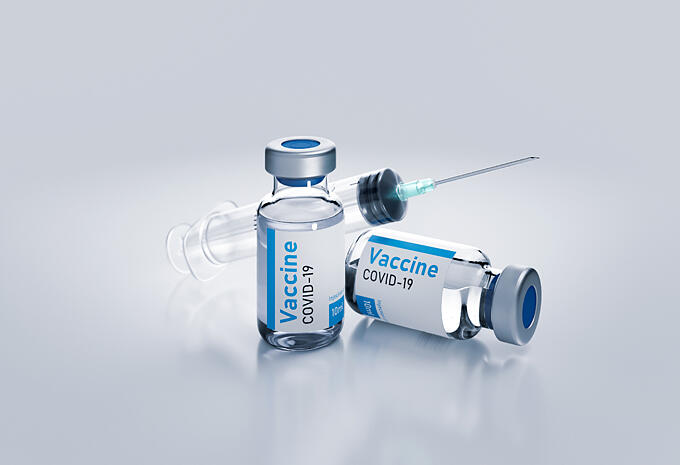A group led by Designated Professor Nobuyuki Tetsuka of the Graduate School of Medicine and Professor Mayumi Yamamoto of the Health Administration Center at Gifu University has announced results of their study of students at the university showing that the incidence rate of adverse events after coronavirus disease 2019 (COVID-19) vaccination was reduced by breakfast consumption and sufficient sleep duration. Healthy eating and sleeping habits and maintaining ideal body weight were found to reduce adverse events following mRNA-based vaccination in young adults. The findings are expected to contribute to shedding light on preventive factors for adverse events. The results were published in the international journal Vaccine: X on June 22.

Concerns about the high incidence rate of adverse events associated with COVID-19 vaccination in young adults have led to hesitation to receive vaccination. In this study, to clarify the incidence rate and preventive factors of adverse events after receiving COVID-19 vaccination, the research group investigated the correlation between information on lifestyle during the health checkup and adverse events among Gifu University students who received the initial and additional vaccine shots. Adverse events occurred highly frequently among Gifu University students, and information was collected through a self-administered questionnaire survey. Local symptoms at the vaccination site and systemic symptoms on the day of vaccination or the day after were experienced by 89.7% and 64.3%, respectively. Meanwhile, no adverse events required hospitalization or were serious.
The analysis showed that a higher number of vaccinations and female sex were associated with a higher incidence rate of vaccination-site and systemic symptoms, and a higher body mass index (BMI) was associated with a lower incidence of systemic symptoms. A higher frequency of having breakfast was associated with a lower incidence rate of systemic symptoms on the day of vaccination. Specifically, the incidence rates of redness at the vaccination site, headache, and fever decreased as BMI increased, and the incidence rate of abdominal pain and diarrhea decreased as the sleep duration increased. The frequency of itchiness at the vaccination site was lower in the students who consumed breakfast at least twice a week. The incidence of abdominal pain, diarrhea, and other systemic symptoms decreased as the frequency of breakfast consumption increased. The results also showed that the incidence rate of abdominal pain and diarrhea decreased as sleep duration increased. Similar investigations on other vaccines may reveal factors that prevent adverse events. The findings are expected to contribute to the provision of vaccinations with less anxiety.
Tetsuka said, "This study shows that healthy lifestyle habits reduce adverse reactions after COVID-19 vaccination in young adults. In particular, the findings provide young people hesitant to receive vaccinations with scientific evidence that healthy lifestyle habits reduce the risk for adverse post-vaccination events and may contribute to the elevation of vaccination rates."
Journal Information
Publication: Vaccine: X
Title: Adverse events of COVID-19 vaccination during 2021-2022 suppressed by breakfast consumption and favorable sleeping habit among Japanese university students
DOI: 10.1016/j.jvacx.2024.100516
This article has been translated by JST with permission from The Science News Ltd. (https://sci-news.co.jp/). Unauthorized reproduction of the article and photographs is prohibited.




